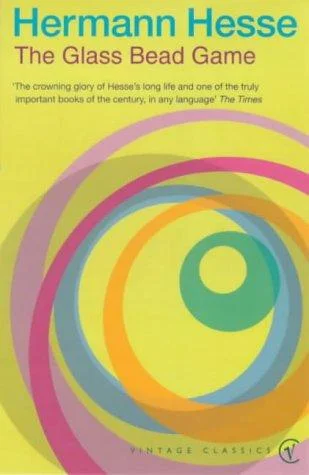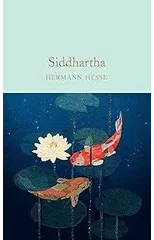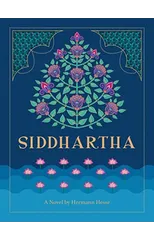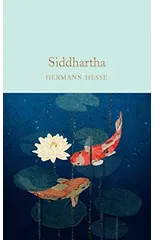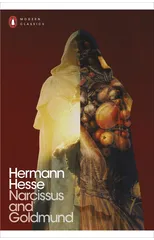The Glass Bead Game
(Autor) Hermann HesseThe Title Refers To An Ultra-Aesthetic Game Which Is Played By Scholars In The Kingdom Of Castalia Around The Year 2400. This Game Involves All Branches Of Knowledge, And Spiritual Values - Especially Those Of The East. Hesse'S Longing To Find A Dynamic Fusion Of Mind With Nature Is Set Forth More Penetratingly In This Book Than In Any Other He Wrote. Critics Have Seen In It A Late, Definitive Stage In His Thinking Influenced By The Tragedy Of Europe In The Second World War.
Hermann Hesse
Hermann Hesse was a German-Swiss author and poet known for his exploration of existential themes and spiritual journeys in his works. His most notable works include "Siddhartha" and "Steppenwolf", which delve into the search for meaning and self-discovery.
Hesse's writing style is characterized by its lyrical prose, rich symbolism, and deep introspection. He often drew inspiration from Eastern philosophy and mysticism, blending it with Western literature to create a unique and profound body of work.
Hesse's contributions to literature include his influence on the development of modernist and existentialist literature, as well as his exploration of the human experience and the pursuit of individuality. His most famous work, "Siddhartha", continues to be widely read and celebrated for its timeless themes and universal truths. Hermann Hesse remains a revered figure in the world of literature for his profound insights into the human condition and his enduring impact on the literary landscape.
